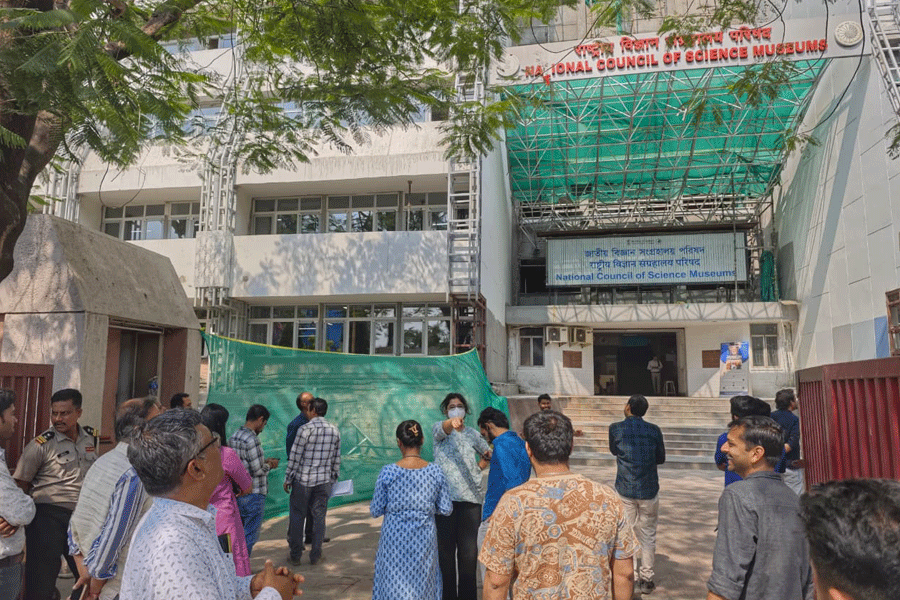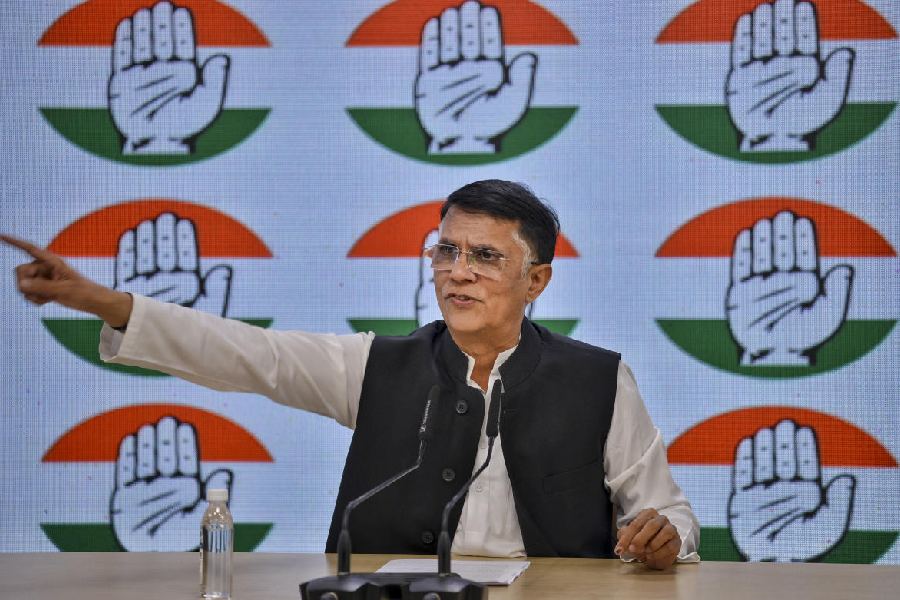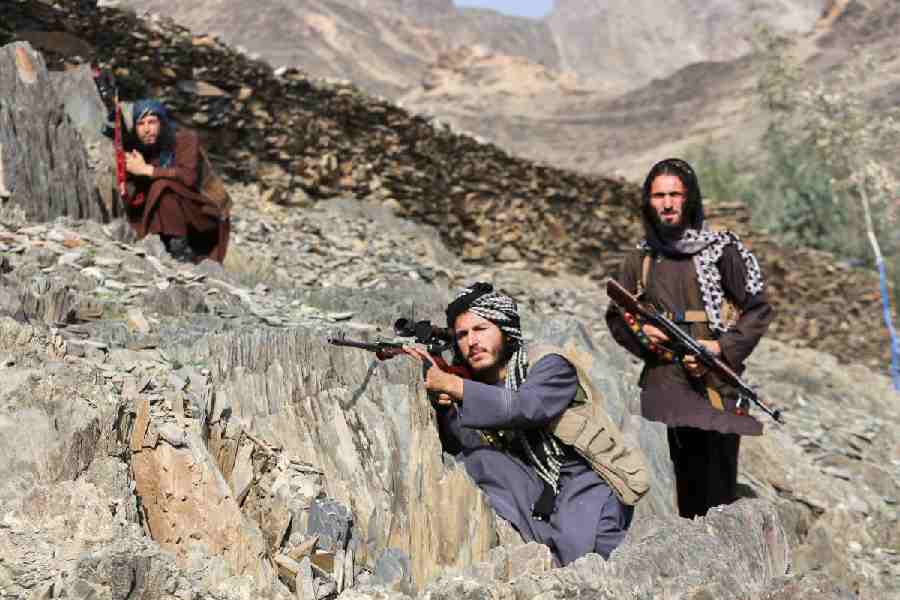 |
 |
| Afzal, Kalam |
New Delhi, April 22: It was not A.P.J. Abdul Kalam but the UPA government which sat on Mohammad Afzal Guru’s mercy petition, the former President’s secretary has revealed.
Contrary to public perception, the Centre never forwarded the Parliament attack convict’s clemency appeal to Kalam with its advice, P.M. Nair says in his soon-to-be-released book, The Kalam Effect: My Years with the President.
The 18-month-old petition is still pending with the home ministry’s justice department since the Centre has not been able to reach a consensus, government sources admitted.
They said the home ministry was still waiting for the views of the law ministry and the Delhi government.
Before forwarding its advice to the President on a mercy petition from a death row convict, the home ministry has to seek the views of the law ministry and the government of the state where the crime took place.
In his book, Nair tries to clear the misconception that Kalam had dragged his feet on the matter. He writes that “interested quarters and uninformed columnists” had allowed this wrong belief to persist.
Rashtrapati Bhavan sources said there was not a single clemency appeal pending with Kalam.
“He had read through all the mercy petition files carefully and sent them to the government after recording his views. He asked for more details in many cases since he realised that most convicts on the death row were from the lower strata of society,” an official said.
During Kalam’s tenure, a decision was taken only on one mercy petition. Kalam had rejected the plea of Dhananjay Chatterjee, a private security guard convicted of raping and murdering a girl in a Calcutta flat.
Even in this case, the petition had been rejected by his predecessor and Kalam had merely endorsed it since the execution had not been carried out.
Presidents, however, do not have real power even in the matter of mercy petitions. They have to go by the government’s decision.
As with bills passed by Parliament, a President can send a mercy petition file back with his views if he does not agree with the government. But if the government again sends the same recommendations to him, the President must accept them.
Sources said the government was divided on Afzal, with some members in favour of rejecting his appeal at a time polls were round the corner and the Opposition threatening to blow it into a big issue.
“But there are dissenting voices, including that of Jammu and Kashmir chief minister Ghulam Nabi Azad (who has publicly said that hanging Afzal would give a fillip to militancy in the state). Some others think Afzal would become a martyr if he is hanged, possibly fanning riots in the country,” an official said.
Civil rights lawyer Prashant Bhushan said the government was undecided since it was an “extremely sensitive matter politically”. Although there is no deadline, he added, the government “is expected to decide within a reasonable time”.
BJP spokesman Prakash Javadekar told The Telegraph that Nair’s revelation was correct and that the party knew about this all along. “This delay is worrisome and dangerous. This indicates the government’s soft attitude towards terrorists.”
Afzal was convicted of conspiracy in the December 2001 Parliament attack and sentenced to hang by the Supreme Court in 2004. The sentence was to be carried out on October 20, 2006, but was stayed after he filed a mercy petition.
Kalam received it on October 3, 2006, and passed it on to the home ministry, to be sent back to him with appropriate recommendations.











